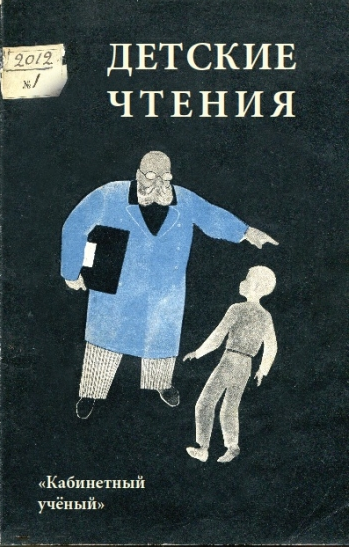Literary Presentation of Childhood in Soviet and post-Soviet Russia
Abstract
In the article by Marina Balina (USA), entitled «Literary Presentation of Childhood in Soviet and post-Soviet Russia,» attention is given to diverse narrative structures used in relating childhood experiences, their stylistic originality and dynamics. The overall etiquette frames that existed in Soviet literature had its specific manifestation in two dominant models adopted by childhood recollections. One model refers to «happy childhood» and is associated with Leo Tolstoy’s reminiscences, and the other model of «anti-childhood» is represented in Soviet literature mainly through Maxim Gorky’s «childhood». The peculiar interplay of these two models and the mandatory overlay of Gorky’s recollection pattern on pre-revolutionary childhoods and their recollection in literature led to the creation of a very distinctive canon in childhood narratives, not only through the Soviet but also through the post-Soviet times. The analysis of «childhood» by Samuil Marshak, Bulat Okudzhava, Yuri Karabchievsky, Dina Rubina, and Pavel Sanaev reveal the complicated palimpsest structure of childhood recollections in Russian literature of the 20th–21st century







